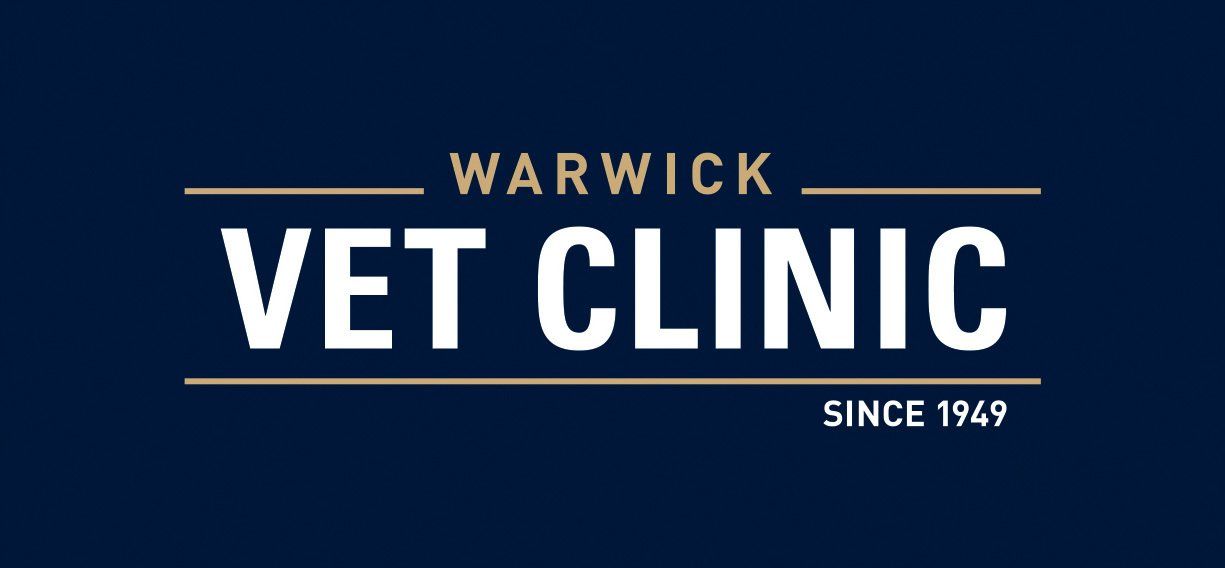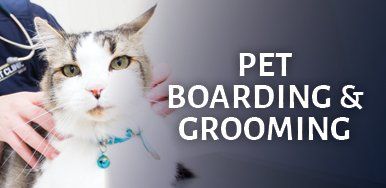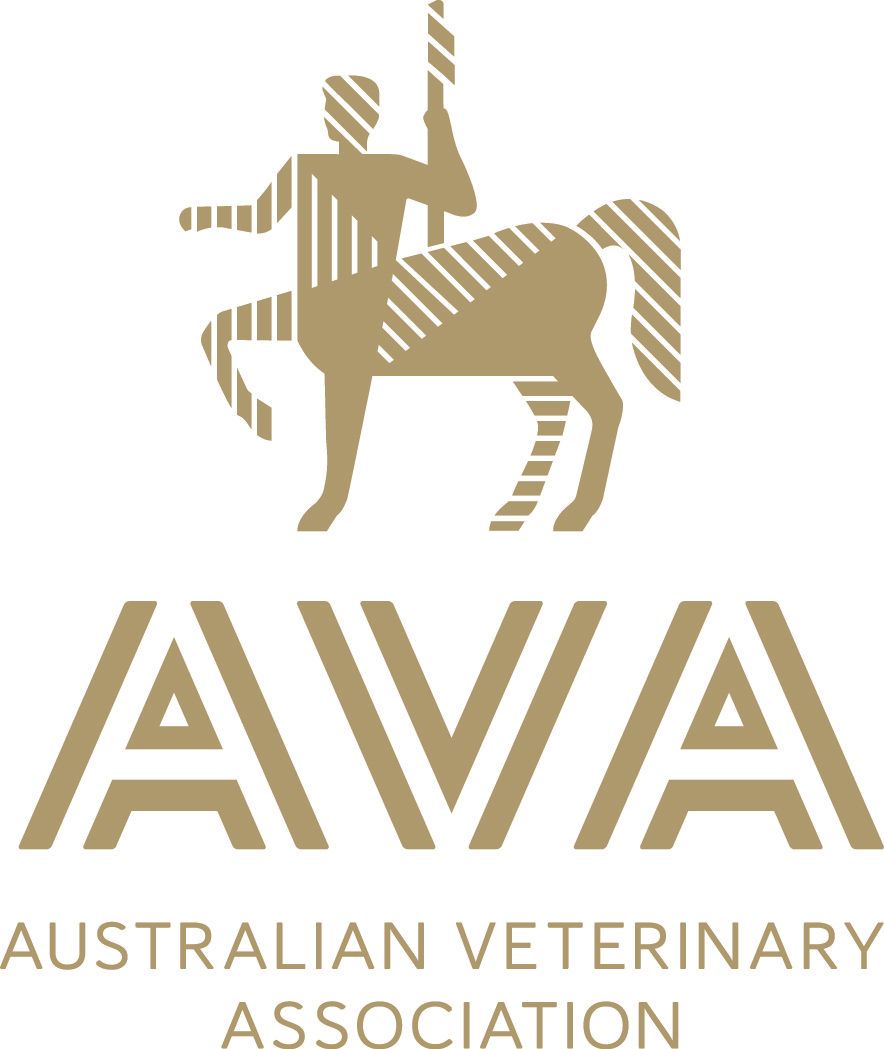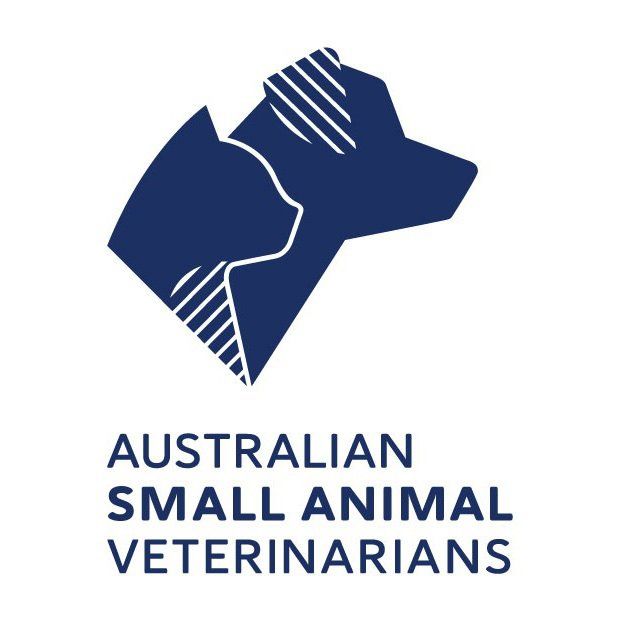GENERAL HEALTH CARE FOR CATS
Our team of veterinarians have put together their top tips for helping you create a safe and happy life for your pet cat.
NUTRITION FOR CATS
Cats are not normally big water drinkers. The normal amount of water a cat should drink per day is 60-100mL per kilogram. That means even on a hot day the average cat that weighs 5kg should not drink more than 500mL. When a cat drinks more than the normal daily intake of water, this can indicate an underlying problem such as a bladder or kidney infection, or even diabetes. If you notice your cat drinking copious amounts of water, contact the Warwick Vet Clinic for a blood and urine test.
COMMON CAT HEALTH ISSUES
-
Urinary Tract Infections
Urinary Tract Infections are a common medical condition in cats that can be treated and prevented with dietary management. If your cat is urinating outside the litter box; straining to urinate (evidenced by going in and out of litter box or squatting for long periods of time), has blood in their urine; excessive licking of their genital area, or vomiting; these are signs indicating a lower urinary tract infection. Even though the condition is not usually life-threatening for your cat, you should contact your veterinarian to get treatment for the infection.
-
Heart Disease
One of the more common heart diseases in cats is known as feline hypertrophic cardiomyopathy (FHCM), a serious and progressive disease of the heart muscle. There is no definitive cause for this disease, but it is known to often be associated with high blood pressure. Symptoms of this disease include loss of appetite, lethargy or weakness, sudden development of difficulty breathing or fainting.
It should be noted, however, that symptoms are not always present and the first sign of disease could be sudden death. Another consequence of the disease may be the formation of a blood clot that lodges in a blood vessel near the hind limbs of your cat, resulting in paralysis and loss of blood supply to the hind limbs. It is therefore important to bring your cat to your veterinarian every year for a thorough physical examination. We can check for heart murmurs and changes in heart rhythms that can suggest heart disease.
MAINTAINING YOUR CATS ORAL HEALTH
Our feline friends have such tiny teeth when compared to those of dogs, which means many cat owners assume that cat dental care is unnecessary. While cats rarely get cavities, your cat can experience a build-up in plaque and tarter which can result in gum disease.
As part of your cat's yearly check-up, the vet will thoroughly check your cat's dental health. There are however a few actions you can take to help maintain great dental health for your cat.
-
1. Choose dental-friendly food
The type of food your cat eats will have an effect on its dental health. You should always choose hard food and treats designed to promote good feline dental health from when they are a kitten.
-
2. Brush their teeth
Another good way to promote good dental health in your cat from an early age is to brush its teeth. Older cats may not be as well disposed to this as kittens, so beginning this tooth care measure at an early age is important. A veterinarian can clean your cat's teeth similarly to a dental hygienist. In some cases, cats may need to be sedated.
-
3. Check your cat's gums
As you play with your cat, check out the gums at the tooth line. If they appear red or irritated, your cat may have the beginning of gingivitis, or gum disease. This can be an increasingly serious condition that could cause infection or tooth loss in your cat. If you notice a change in your cat’s eating habits, such as chewing on one side of its mouth or showing signs of soreness when chewing, there may be something serious going on with your cat’s teeth and gums.
COMMON TOXINS FOR CATS
There is a number of “human food” items which are extremely toxic to your cat. The following is a list of foods that your cat should never eat:
-
Onions, Garlic & Related Root Vegetables
Onions contain a substance which destroys red blood cells in your cat, causing a form of anemia. Garlic contains a similar substance and should be avoided.
-
Green Tomatoes & Raw Potatoes
These foods contain a bitter, poisonous alkaloid which can cause violent lower gastrointestinal symptoms. The leaves and stems are particularly toxic.
-
Chocolate
Chocolate is very toxic to both cats and dogs and should be completely avoided.
-
Milk
Although not toxic, many cats are lactose-intolerant causing milk products produce stomach upset, cramps, and gassiness. If your cat loves milk, and begs for it, a small amount of cream may be okay, two or three times a week (the more fat in the milk, the less lactose)
CONTACT A CLINIC
For further advice on the health care of your animals, contact the professional team at the Warwick Vet Clinic for a consultation.
CONTACT A CLINIC
We will get back to you as soon as possible.
Please try again later.
HEALTHY ANIMALS ARE HAPPY ANIMALS
The latest animal care information from our experienced veterinarians.
OUR CLINICS
WARWICK VETERINARY CLINIC
Opening Hours
Mon - Fri: 7:30am to 6:00pm
Sat: 8:30am to 12:00pm
Warwick West Vet Clinic
Opening Hours
Tuesday and Wednesday:
8:30am to 5:00pm
ALLORA VETERINARY CLINIC
Opening Hours
Monday - Friday:
8:30am to 5:00pm
CLIFTON VETERINARY CLINIC
Opening Hours
Tuesday, Wednesday and Friday:
9:00am to 4:00pm
Warwick Vet Clinic. Website by dms CREATiVE









